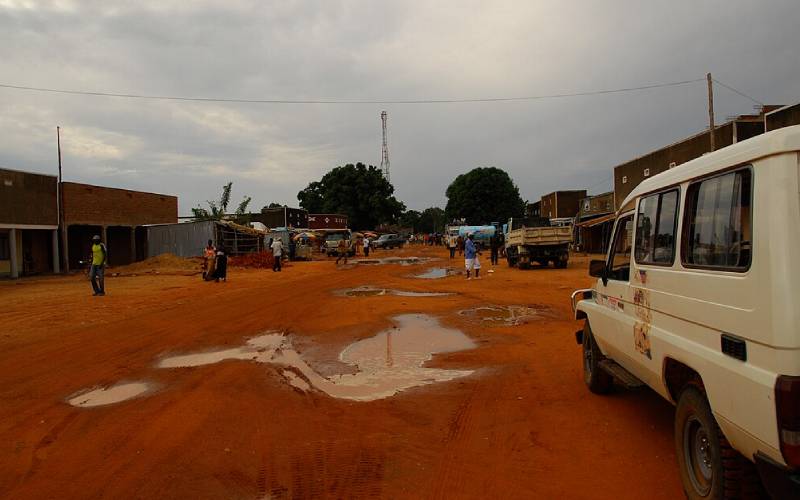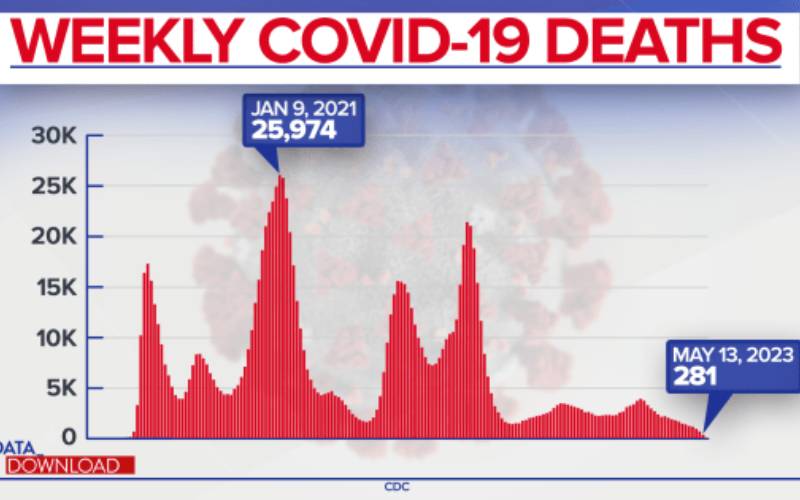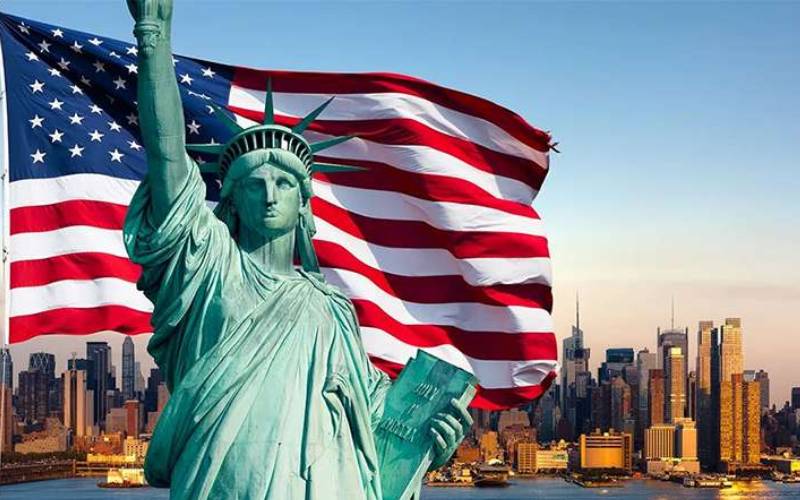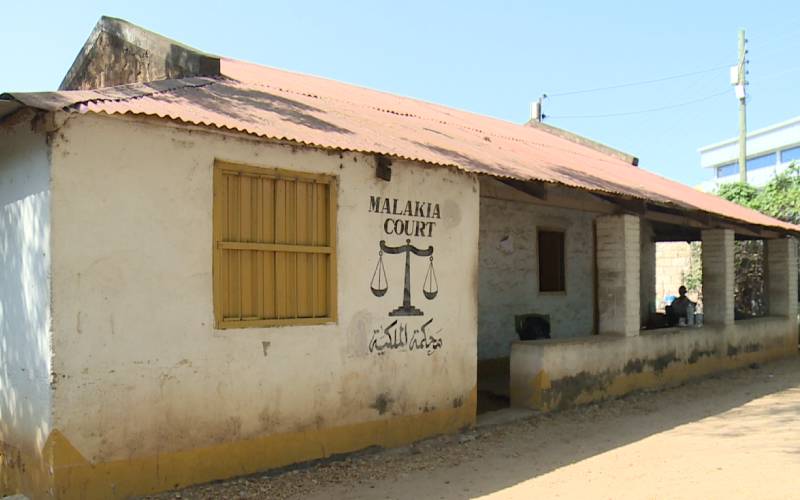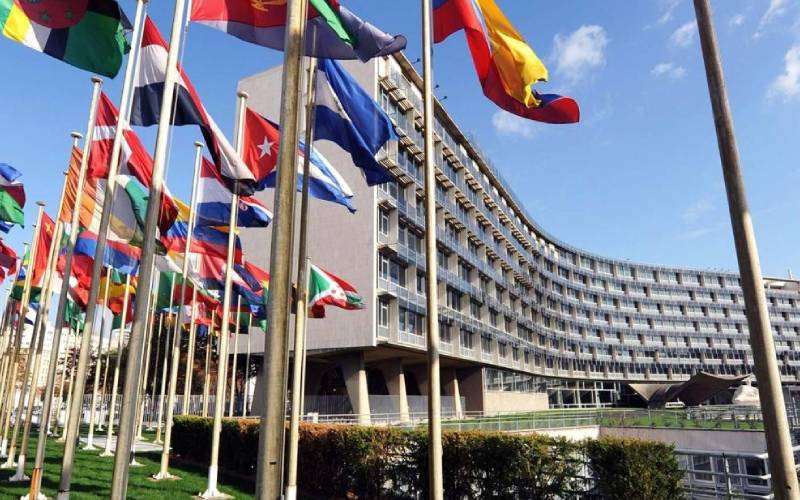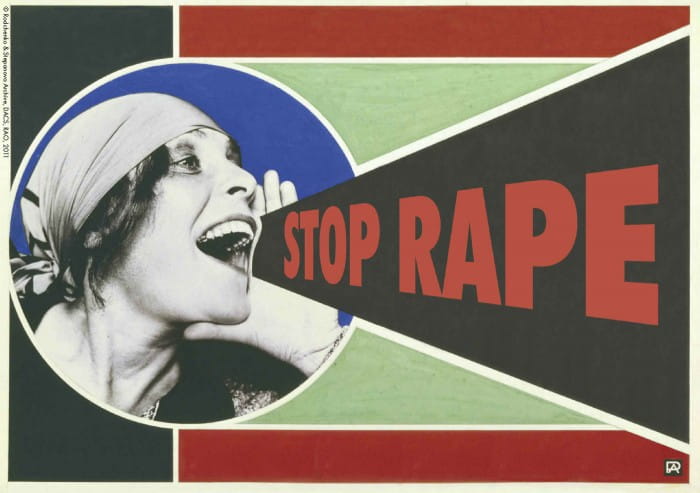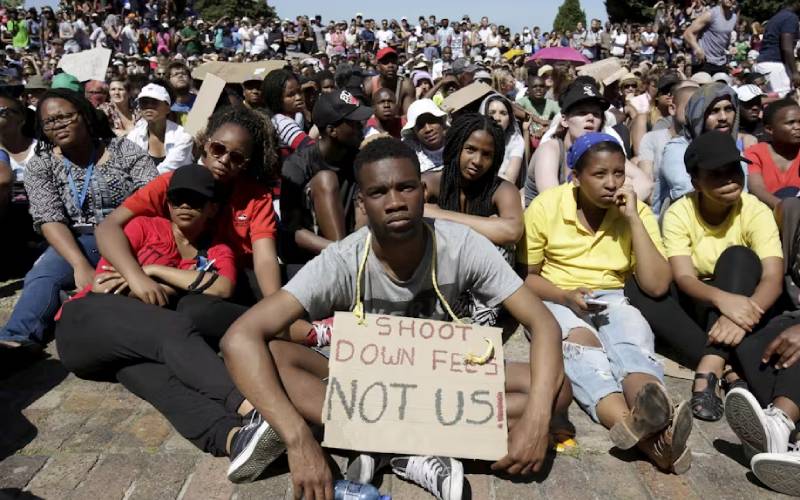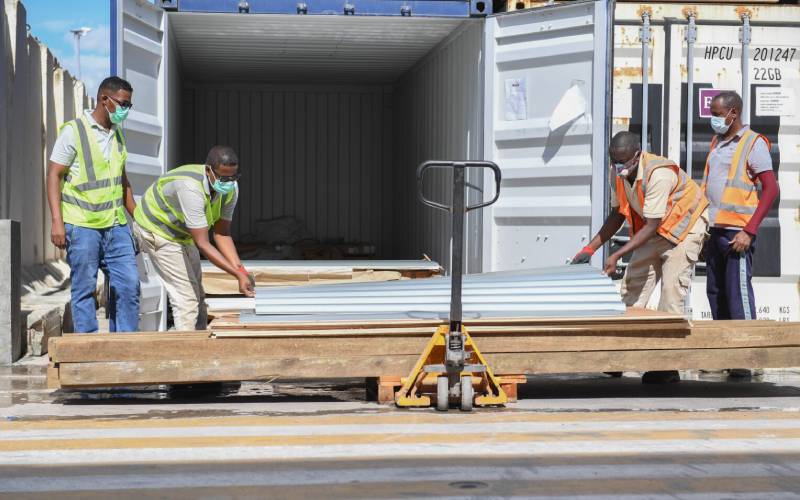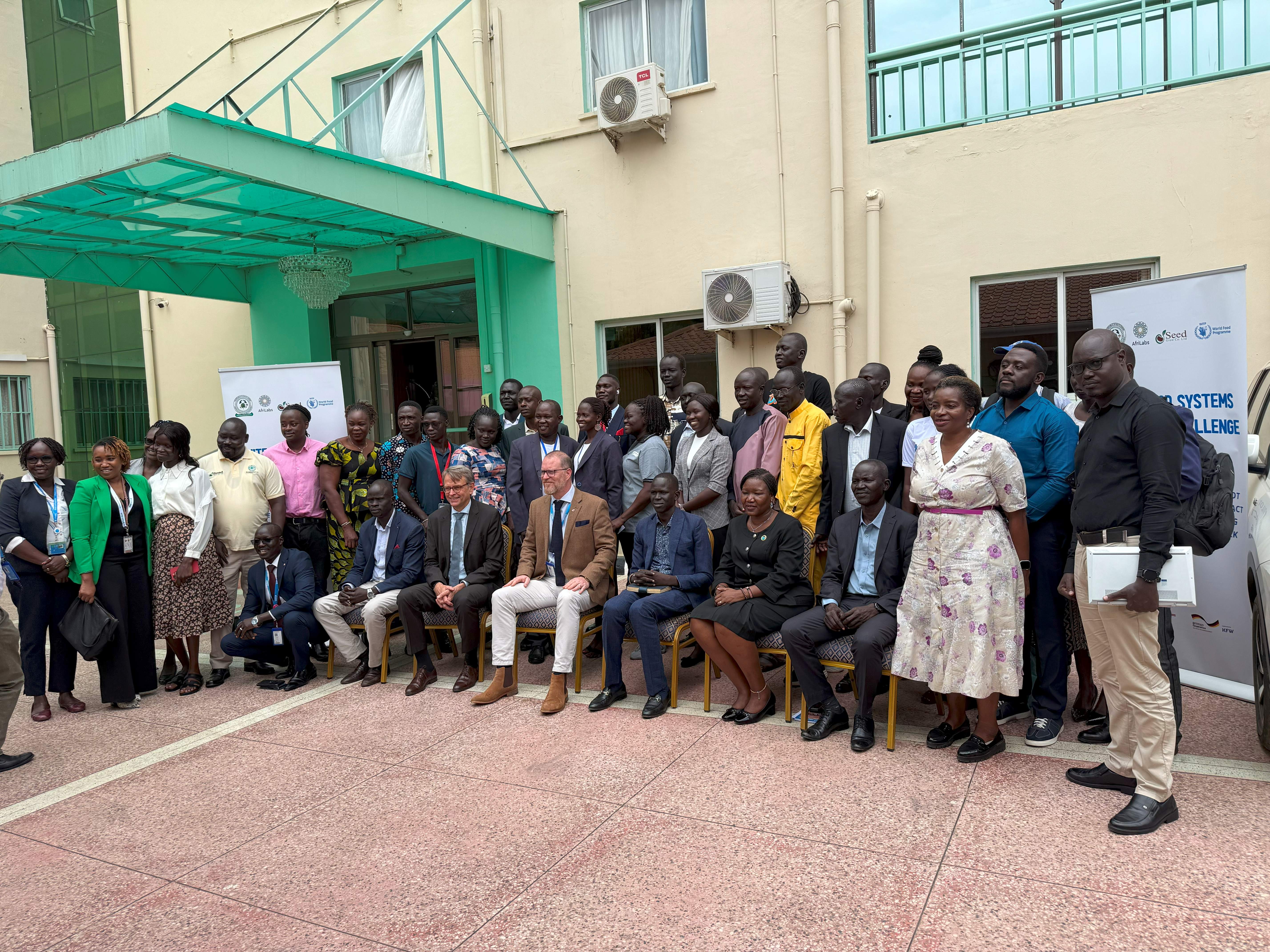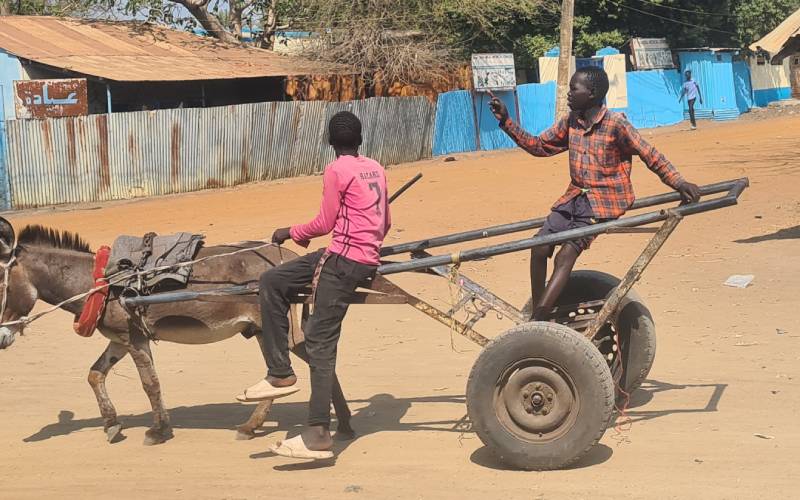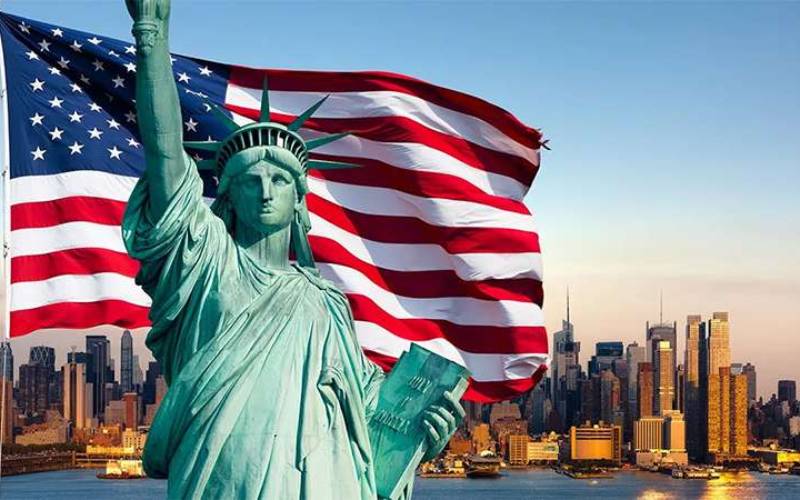By Sebit Edward
Recently, when Uganda People’s Defence Forces (UPDF) entered Kajokeji County and executed an unprovoked military attack that forced civilians to flee and allegedly resulted in the deaths of South Sudanese troops, our leaders seemed to respond with little urgency, at best, and with implied acceptance, at worst. This was exemplified by the UPDF Chief’s handshake with the leaders of the South Sudan People's Defence Forces (SSPDF) and the media appearances of Gen. Muhoozi, the president’s son, who has made headlines for riling up concerned citizens in our country.
The actions taken by the UPDF under the command of Gen. Muhoozi Kainerugaba were not merely a border clash. They constituted a violation of South Sudan’s sovereignty and, fundamentally, a blatant breach of international law. This incident serves as a humiliating reminder of our region's vulnerabilities. Nevertheless, several days went by without any strong condemnation from our government’s high-ranking officials. President Salva Kiir, notably, chose to remain silent on this matter and none of it offers any comfort. The situation worsens with the UPDF’s handshake and photo op with someone notorious for his inflammatory remarks against neighbouring countries.
Kajokeji, among many border areas in South Sudan, has historically faced insecurity and neglect. However, this recent occurrence transcended mere internal strife. It was a foreign military aggression, and there was no public address from the president, no denunciation of the Ugandan government, and no formal expression of solidarity with the affected civilians. The victims continue to grieve their losses and flee yet again, while their leaders observe from afar.
Apart from a press release from Kajo-keji county, the only notable public commentary came from Central Equatoria’s Governor, Gen. Rabi Mujung Emmanuel, which was overshadowed by Gen. Muhoozi’s own comments. Among his crass remarks, the beleaguered General boasted, “fighting the UPDF is the quickest path to hell,” right after the incident in Kajokeji. This statement left many South Sudanese feeling disgusted, if not amused. Uganda’s first son unapologetically tried to rationalize his army's actions under the pretext of “border security,” as though parts of Kajokeji were now under Kampala’s control.
This is the same general who once claimed that his forces could seize Nairobi within two weeks — a declaration that sparked laughter throughout the continent and embarrassment even in Uganda. If it weren’t so perilous, his latest comments would also be amusing. But the people of South Sudan are not amused — not the families mourning their lost loved ones, and not the thousands who have once again been forced to abandon their homes – although some misguided South Sudanese may twist it around for their mindless tribalism.
Let’s be clear: No independent nation sharing borders with others on this planet should tolerate such an assault without repercussions. No governing body should permit such disrespect to go unaddressed. Yet South Sudan’s lackluster, or seemingly unconcerned, response only encourages future transgressions — not just from Uganda, but possibly from others in the region as well.
These actions should have warranted:
• A prompt and clear denunciation from the presidency.
• A formal diplomatic complaint to Uganda, supported by calls for accountability within the region.
• An independent inquiry into the killings and displacements.
• Immediate humanitarian assistance and relocation for affected populations.
• A strong reaffirmation to our citizens and the international community that South Sudan’s territorial integrity is non-negotiable.
Instead, we were met with silence. A perilous silence that appears to imply complicity. One that suggests our sovereignty is negotiable, our citizens are disposable, and our leadership is apathetic.
If this incident goes unaddressed, it establishes a concerning precedent: that our borders are vulnerable, our soldiers can be killed without consequences, and our citizens can be left unprotected. The people of South Sudan must ask: what is the worth of sovereignty if it is not defended or respected by our own leaders?
We still have the opportunity to choose a different approach. We can demand accountability. We can push for transparency. And we can remind our neighbours — including General Muhoozi — that while South Sudan may be young and fragile, we are not anyone’s playground.
History will evaluate our silence — and those who permitted it just as surely as it will remember those who rose to the occasion when our nation faced challenges.
These views are solely from the author. He can be reached at sbedward9@gmail.com.
